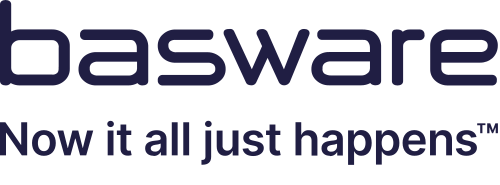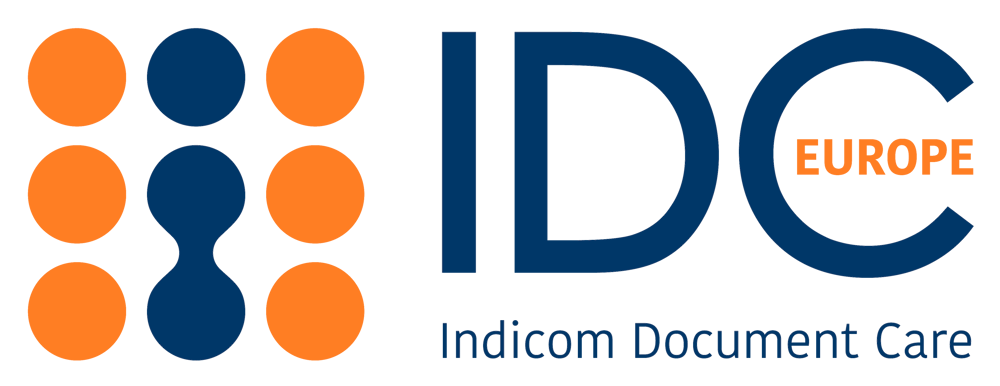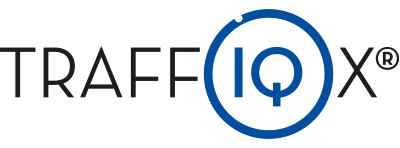The BMF makes true on their promise to keep the public informed. They published their view on how to interpret the general mandate to use e-Invoices (“e-Rechnung”). The Growth Opportunity Act (“Wachstumschancengesetz”) introduced the obligation in March 2024, taking effect starting from 1.1.2025. The finalized letter (DOK 2024/0883282) posted on the official BMF website supersedes the draft published mid-June, which is not available on the website anymore. The BMF has asked for, received and considered numerous comments. The ministry used the input in the past 4 months to update the guidelines, thus continuing its collaborative and inclusive conduct.
Key Take-Aways
In summary, the final letter broadly confirms the approach taken in the draft adding a few clarifications and details. Key take-aways include that
- the future tax reporting system will require a new definition of valid transmission channels as the BMF expects e-invoicing platforms to be prevalent (Rn41)
- “readability” is defined as the technical readability of the structured representation of the invoice, as it’s the only binding portion and its standardization allows to create a standardized human-readable visualization in the future anyways (Rn6)
Taken together, usage of E-Mail-based transmission and/or hybrid formats seem to be considered as a transitional approach. In the future, these options may remain valid but mostly serve to pave the way for more robust and efficient implementations.
Differences in Detail
The Invoicing Hub previously analyzed the draft letter in detail already. The differences in the final version, on a more detailed level, include
- the clarification that an invoice issuer may use the existence of a VAT ID (“USt-IdNr”) or future Economic ID (“W-IdNr”) as an indicator of the “business” status of the recipient (thus falling under the obligation to issue an e-invoice),
- mentioning the option to issue e-invoices even below 250€ total, as long as the recipient does not object
- adding “Peppol BIS Billing” as a valid example format for domestic e-invoices
- while re-iterating that agreement on the actual (valid) format used is a decision between the parties
- emphasizing that input tax deduction in hybrid formats prefers the structured data over the visual representation
- the judicial option to request a valid e-invoice in case of receiving a non-compliant invoice
Conclusion
All in all the finalized letter puts the electronic invoice into a strong position. The BMF confirms its focus on establishing a legal framework only. In doing so, it puts responsibility to pick practical implementation choices on the economic operators themselves. As such, the “lean state” leaves the freedom to choose to those concerned.
At the same time, the letter announces the need of new regulations with the upcoming tax reporting mandate. The continued emphasis on the structured representation reaffirms the need to produce high-quality invoice data. This combination leads to truly digital invoicing implementation – at least to satisfy accounting and tax reporting requirements across the board.








